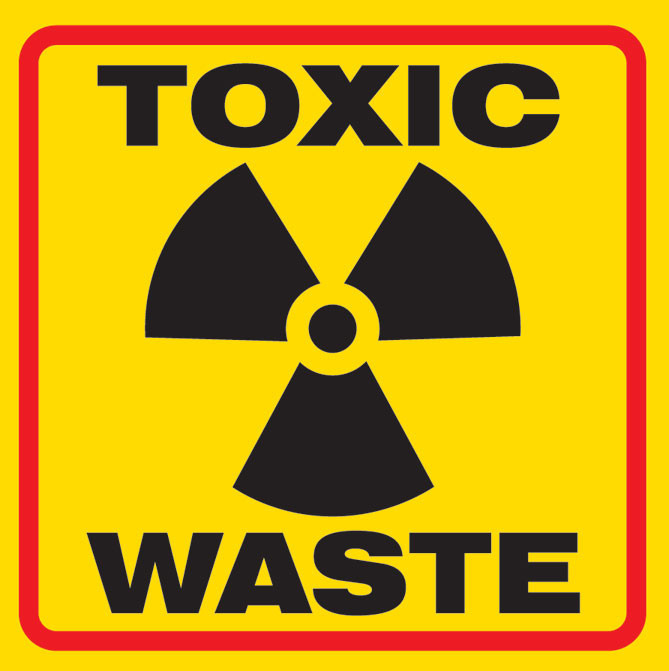How and why toxic leadership traits are ruining your culture.
You’ve probably heard of Fred Goodwin, or at least his infamous involvement in the global financial crisis. Perhaps you know him better by his moniker, Fred The Shred?!
Fred Goodwin was the Chief Executive Officer of The Royal Bank of Scotland (RBS) between the years 2001 and 2009, and in that short 8-year reign he was responsible for forging the company into the global economic spotlight for being one of the largest in the world according to stock market value.
Fred the Shred was also responsible for plummeting RBS stocks into crisis, recording the lowest stock market fall in UK corporate history.
Well done Fred.
Goodwin, who’s also been accused in some circles of being individually responsible for the entire Global Financial Crisis, in a strange twist of fate, was knighted in 2004 for his service to the financial industry. The Queen, however, annulled the undeserved honour, just a few short years later.
Why did Fred fail his people, his country, and his Queen?
Well, I’ll give you a hint; he wasn’t named Fred the Shred for no reason.
The problem with Fred Goodwin, and a lot of the leaders of that era, is his propagation of a toxic and highly damaging ‘culture of fear’ within his company. That may have worked for a while–– injecting a competitive strain into his organisation lifted sales in a dog-eat-dog, rise to the top environment. And yes, they did rise to the top. And toxic Fred may have given himself a pat on the back for that at the time (and a sword on the shoulder from the Queen) but it didn’t take long for that culture to eat itself.
The thing about this type of environment, whether it’s in sales, or social work, is it’s just not a sustainable way to lead.
Goodwin’s reign created recklessness within the company, and it was his some 200 senior staff that termed the phrase ‘culture of fear,’ when describing their internal culture.
And it wasn’t just a feeling; there were actual, literal barbaric practices that drove this fear. Reports of “rituals of humiliation” came in the wake of his leadership.
The Edinburgh News printed some horrific statements from an RBS spokesperson in 2012. One statement saying, “Managers watched by Goodwin had to give karaoke performances,” and according to representatives of the senior team, morning management meetings that were known as ‘morning prayers’ or ‘morning beatings’, were also used to humiliate senior managers.
The RBS had a job not only rebuilding Goodwin’s economic damage to the company, but they had some serious disaster relief within the company to remove the toxicity Fred the Shred created in his time.
So how to avoid this in your company?
First I guess is to recognise toxic leadership. So, what does it look like?
When a leadership is becoming toxic you may recognise some of the following things within a company:
• Bullying
• Aggression
• Dictatorial or manipulative behaviour among management
• Ineffective communication
• Micro-management
• Lack of empathy
• Blame and Ridicule
• Judgment
You may recognise a toxic leader in meetings if:
• They try and coerce others
• They strengthen and defend their own position over the team
• They repeatedly block ideas
• They exclude or talk over other team members
How to avoid this toxicity growing? You really need to get it early. Try not to recruit and train leaders that display these traits. Have a clear and well-devised selection process to filter out toxic qualities from candidates for the leadership team.
When coaching or recruiting leaders look to promote qualities such as self-awareness, empathy and effective communication. These are way more relevant to a good, solid leader than ruthless dog-eat-dog dominant leader-of-the-pack type leaders. Hard-nosed determination or shrewd business skills, while good for immediate results, when too present in a leader simply cultivate competitiveness–– a highly toxic ingredient for a cohesive team.
Instead nurture humble, strong communicators who are always open to improvement. These are the type of leaders that will not only lead a successful team effectively, but who are also more likely to sustain a good culture within the company.
Continue Reading
Get a personal consultation.
Call us today at 1300 959 560.
Here in HR Gurus. We make HR simple because it should be.





